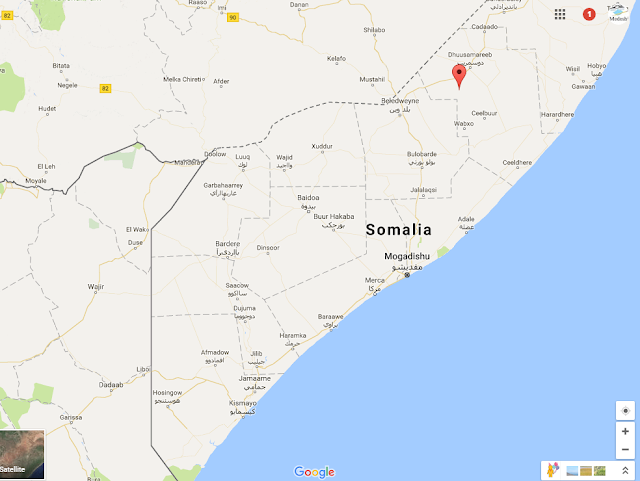
MOGADISHU: In Somalia’s Raqayle village, life under Al Shabaab militants can be brutal, with public beheadings, and bizarre - with edicts about wearing socks - but locals feel safer than when the government controlled the area and violently ousted them.
More than 70 villagers fled to nearby Afgoye town in 2014 when a dozen government soldiers and policemen forced them off a 128-acre farm, which was claimed by an exile returning from Britain.
“They were just terrorising us,” said one villager, Hodan, describing how the man from the diaspora sped in with cars full of armed men who smashed in doors with their rifles, looted water pumps and filled a well with sand and debris.
“My sister, who was five months pregnant, was so upset she miscarried,” another villager, Warsame, said in an interview in the Somali capital, Mogadishu, which is about an hour’s drive southeast of Raqayle.
Both women declined to give their real names.
Similar stories can be heard across south-central Somalia, where better security is encouraging wealthy exiles who fled in the 1990s to return home - often igniting fresh land conflicts.
Since 2011, United Nations-backed government forces and African Union troops have pushed the militant Shabaab out of major towns and cities.
“The federal government is encouraging diaspora to come back,” says Somalia’s information minister Abdirahman Omar Osman
“The country needs their skills, knowledge, and expertise.” Osman said conflict can arise when returnees start rebuilding on land which others have lived on for decades.
“There are special committees dealing with all disputes, and if there are serious cases then courts settle them,” he said.
Resolving tens of thousands of land disputes, some of which date back to the 1970s, is a complex task as the process is unclear, said Kenneth Menkhaus, a political science professor at Davidson College in the United States.
“It’s a mess,” he said, adding that side with the most firepower, money or influential clan connections usually wins.
“Armed settlers claims on land are illegitimate - they are just a form of land grabbing.” Clans form the bedrock of Somali society and identity, and decisions about most aspects of life are made collectively within them.
Reuters
SHARE